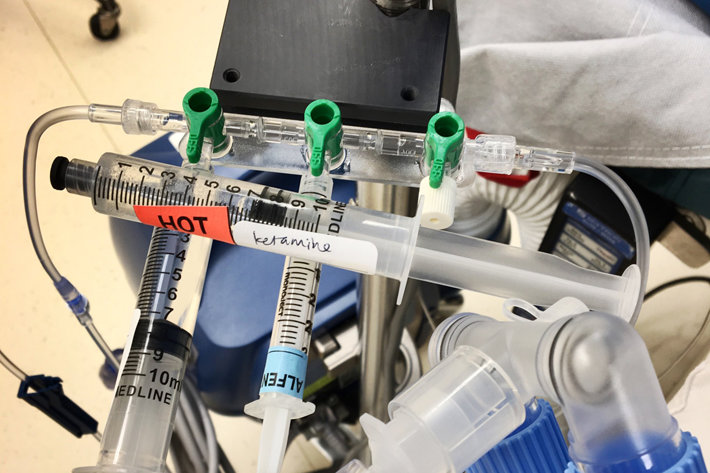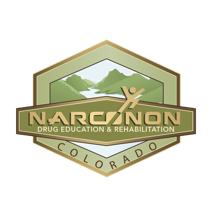Colorado Emergency Responders Allegedly Dosed Over 900 People with Ketamine

When drug addiction is at an all-time high, the last thing we need is more drugs. With nearly all mental/emotional disorders and addiction having been highly medicalized, the knee-jerk response to drugs has been more drugs, oddly enough. There are drugs for nearly every problem in life. Have a headache, take this. Depressed, take this. Addicted to opiates, take this other opiate. It’s a bit insane and the thing is, this methodology hasn’t helped. With more psychiatric drugs being prescribed than ever before, rates of psychiatric disorders and illness have increased. The same goes for drugs and addiction. Many medications have been indicated as adjunctive treatments or therapies for addiction and whether a direct result or not, addiction rates are currently soaring. What makes matters even worse is that emergency responders, in conjunction with police in Colorado, have allegedly dosed people experiencing “excited delirium” with ketamine.
Ketamine is a powerful medical anesthetic that is used to sedate people and even animals, during medical procedures. It’s been recently reported that more than 100 agencies in Colorado have been given the authority to administer ketamine to people who become difficult or problematic when being contacted by police or other emergency responders. Over 900 people have been reportedly drugged with ketamine by paramedics and emergency medical techs in the last two and a half years in Colorado alone. Disturbingly enough, Elijah McClain was one of those people.
Elijah McClain’s case made national news after losing his life following an altercation with police. McClain was walking home one night when someone called the police to report a “sketchy” person. When contacted by local police, an altercation ensued and officers claim that McClain attempted to grab another officer’s firearm. He was then put into a carotid hold by the police, placed into handcuffs, and injected with ketamine. Three days later, McClain was considered brain-dead and in the hospital and was taken off of life support. The possibility that ketamine caused an adverse reaction, resulting in McClain’s death, could not be ruled out.
When investigating the state’s use of ketamine, it was found that Dr. Kevin Mcvaney, the medical director for Denver’s Emergency Medical Response System, was one of the signers of the bill allowing for the involuntary administration of the drug.
He said, “Excited delirium or agitated delirium is a condition where, due to a mental health problem, drug ingestion, some other physiologic and metabolic things, can make you just lose control and you’re resisting, and you don’t follow the normal stimulus that would make you stop resisting. So you essentially can exercise yourself to death.”
“Excited delirium or agitated delirium is a condition where, due to a mental health problem, drug ingestion, some other physiologic and metabolic things, can make you just lose control and you’re resisting, and you don’t follow the normal stimulus that would make you stop resisting. So you essentially can exercise yourself to death.”
So, if you have a bad reaction to drugs, you might get drugged with something else if you become too difficult to handle by emergency responders.
Seems counter-intuitive.
Either way, I have a big problem with injecting people with sedatives like ketamine in an emergency situation if the person doesn’t pose a direct threat to themselves or others. With the numbers of people who have already been administered ketamine in such a short period of time, it seems like it’s already getting out-of-control.
Sources:


